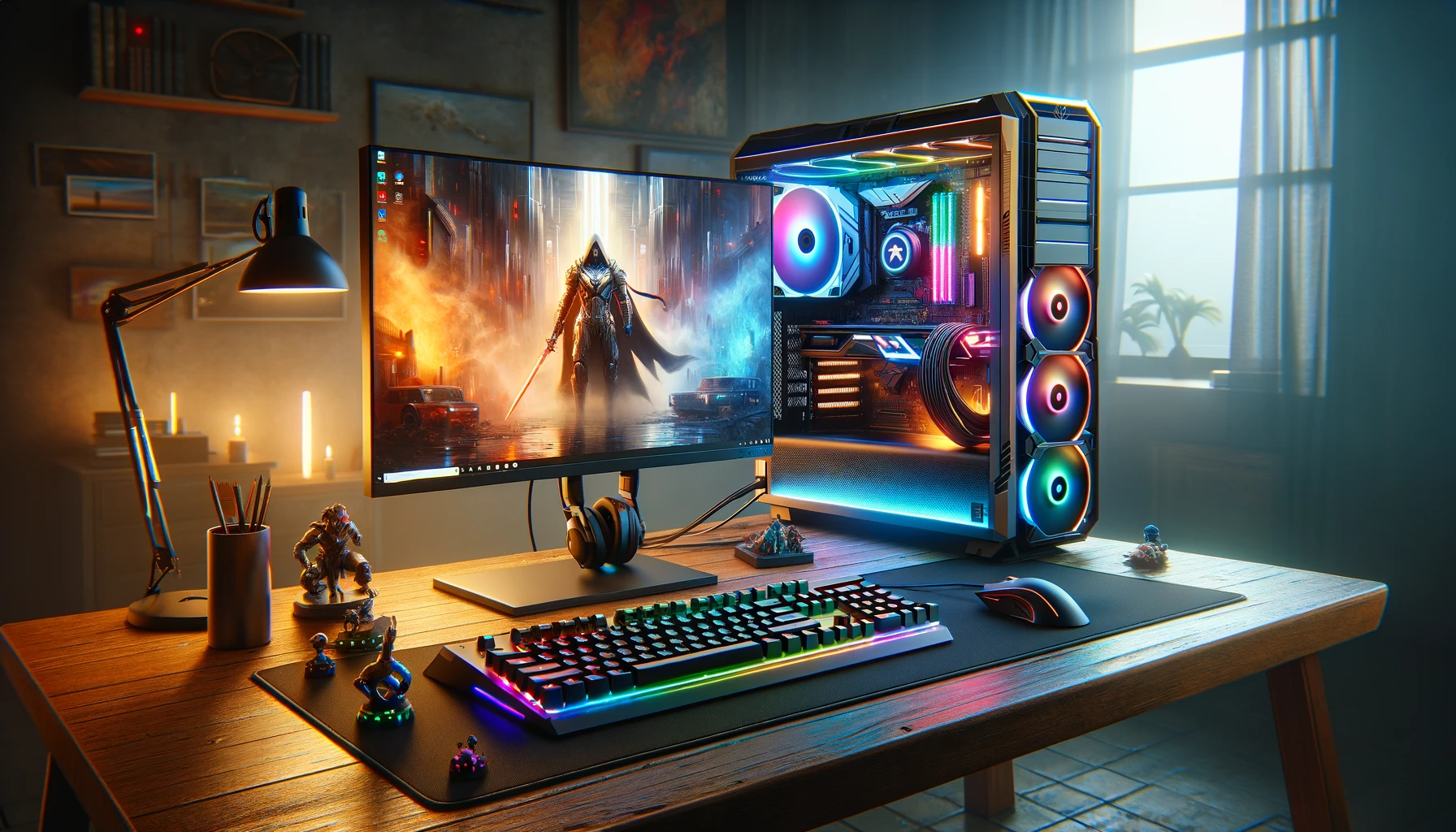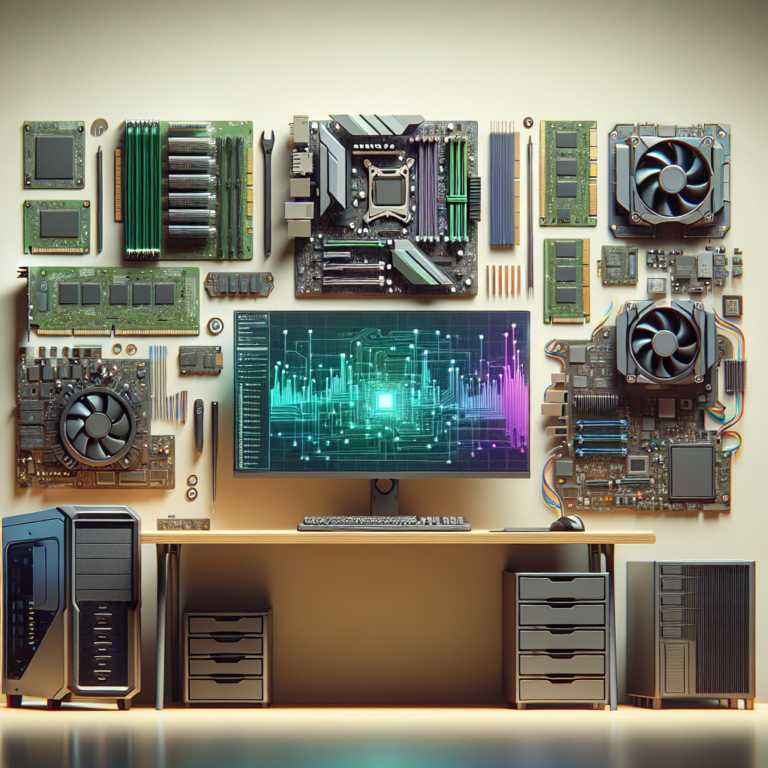| Key Takeaways |
|---|
| Upgrading your PC’s components like CPU, RAM, GPU, and storage can significantly improve its performance. |
| Understanding the role and signs for upgrading each component ensures you make informed decisions for better system efficiency. |
| Choosing the right upgrades requires considering factors like compatibility, goals, and current system limitations. |
| Regular maintenance and upgrades can extend your computer’s lifespan and enhance your computing experience. |
Introduction
Maintaining and periodically upgrading your PC is crucial for ensuring that it runs smoothly and efficiently. This article covers effective PC upgrades that can maximize your system’s performance, from speeding up processes to handling more tasks simultaneously without lag.
Upgrade Your CPU (Central Processing Unit)
The CPU is often referred to as the brain of your computer, playing a vital role in its overall performance. Signs that it’s time for a PC upgrade service for your CPU include slow performance and difficulty running newer software. When choosing a new CPU, consider compatibility with your motherboard, the clock speed, and the number of cores. Upgrading the CPU can be a game-changer for your computer’s efficiency.
Upgrade Your RAM (Random Access Memory)
RAM is crucial for multitasking capabilities and overall system responsiveness. If your computer struggles to keep multiple applications open or runs slowly during regular tasks, it might be time to upgrade your RAM. Consider the maximum RAM capacity of your motherboard and whether to opt for higher speed RAM. This upgrade is particularly beneficial for users who run memory-intensive applications, enhancing overall system performance.
Upgrade Your GPU (Graphics Processing Unit)
For users who engage in video editing, gaming, or use graphic-intensive programs, upgrading the GPU can significantly enhance visual performance and software responsiveness. Signs that your GPU needs an upgrade include poor graphics performance and software crashes. When choosing a new GPU, compatibility with your system’s power supply and case size are critical factors. A new GPU can transform your PC’s visual output, making for a smoother and more immersive user experience.
Upgrade Your Storage
Storage technology has advanced, with Solid-State Drives (SSDs) offering faster read and write speeds compared to traditional Hard Disk Drives (HDDs). Upgrading to an SSD can greatly reduce boot times and improve the speed of loading programs. When selecting new storage, consider the type (SSD vs. HDD), storage capacity, and read/write speed. This upgrade can significantly impact your system’s efficiency and reliability.
Other Upgrades to Consider
- Upgrading your power supply unit (PSU) to support new components and ensure reliability.
- Upgrading your motherboard for better compatibility and support for newer components.
- Upgrading your cooling system to prevent overheating, especially with high-performance components.
Conclusion
Upgrading various components of your PC can lead to significant improvements in performance, reliability, and user experience. Whether it’s a hardware upgrade or regular maintenance, keeping your PC up-to-date ensures it meets your needs efficiently. Engage with these upgrades to enjoy a smoother, faster computing experience tailored to your needs.

